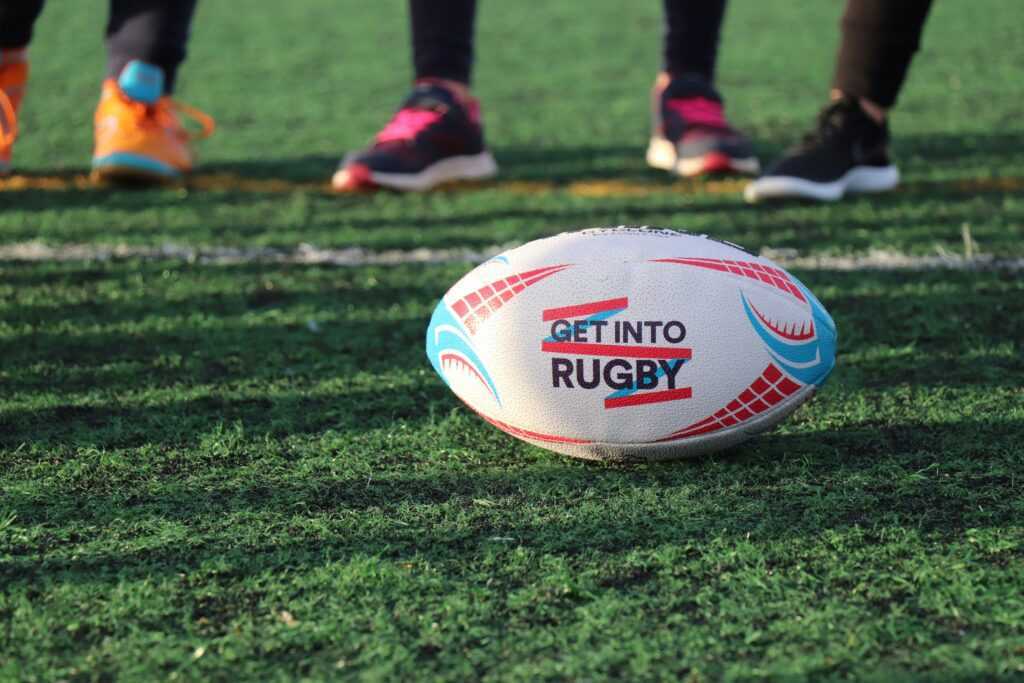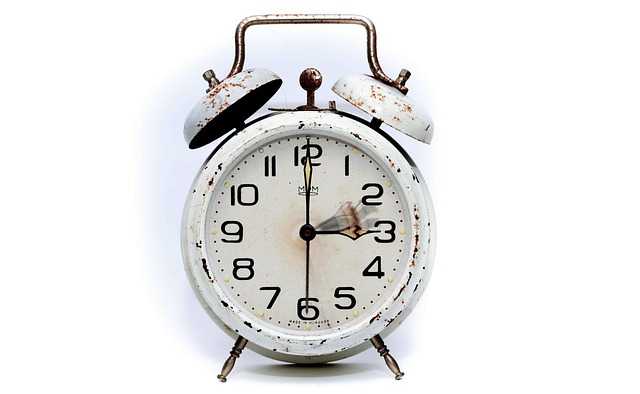Football players often prepare extensively for what happens during the game. From practice drills to film sessions, most athletes focus on the physical and tactical demands of the sport. However, what happens away from the field can be just as influential.
Off-field stress, whether it’s emotional, psychological, or environmental, can quietly undermine performance and even increase the risk of injury. Coaches and athletes who overlook this connection may find themselves wondering why a well-prepared team still struggles on game day.
In this article, we will look at how off-field stress can impact the on-field performance of American football athletes.
The Performance Cost of Mental Distraction
Mental distraction is one of the most immediate ways stress affects performance. Athletes dealing with family problems, academic pressure, or relationship struggles often carry those concerns into training and competition.
While they may physically show up, their focus isn’t fully present. Reaction times are slow. Tactical awareness drops. Execution becomes inconsistent.
These distractions often lead to mental health issues. As stated in a Cleveland Clinic article, athletes work in an aggressive environment. They are often regarded as winners or losers, and their opponents are always looking for signs of weakness.
Even simple decisions, like when to pass, when to accelerate, or how to read a play, become harder when the mind is cluttered. In football, where split-second timing matters, this kind of mental noise can result in missed assignments, late tackles, or poor ball control.
Health Complications and Their Impact
American football athletes are constantly susceptible to on-field injuries. A National Institutes of Health (NIH) study states that blows to the head can lead to traumatic brain injuries. In fact, these athletes are prone to repeated brain injuries, which can cause chronic traumatic encephalopathy (CTE).
However, there are many off-field health conditions, like fatigue or digestive problems, that can impact players’ performance. Although there are medications available, they can sometimes result in more severe consequences.
There are also medical conditions that affect men or women more than their counterparts. They need to be more aware of these medical conditions to prevent them from affecting their on-field performance.
For instance, men are more vulnerable to heart disease, melanoma, and Parkinson’s disease. On the other hand, women football players are more vulnerable to reproductive health issues, where hormones play a significant role.
Many women athletes use a hormonal contraceptive like Depo Provera injections to prevent pregnancy and reproductive health complications. However, TruLaw states that this birth control shot can have health complications. Scientific studies have linked prolonged Depo Provera use to an increased risk of brain tumors.
People who have suffered these consequences have filed a Depo shot lawsuit. They seek optimal compensation for the troubles they have suffered. Even when issues like these don’t directly affect every player, they contribute to the overall stress some athletes carry into training and competition.
Stress and Physical Output
Stress changes how the body performs. Athletes under constant pressure may experience tightness, slower recovery, and higher fatigue during drills.
When the brain perceives stress, it shifts the body into a heightened state, which helps in short bursts but hurts in sustained physical activity. Over time, stress-related fatigue sets in more quickly, which means a player who looks strong in warmups might fade halfway through a game.
Chronic stress also disrupts coordination. Many athletes have developed muscle memory, which helps them return to their sport after injury. Put simply, their muscles remember specific movements that make it easier for them to play the game. However, stress is known to impact working memory.
Thus, movements that are normally automatic, such as footwork, timing, and hand placement, start to feel awkward. That’s because stress affects neural processing and muscle response. Even highly trained athletes can fumble the basics when their mind and body aren’t in sync.
Confidence, Communication, and Team Impact
Athletes who are stressed can show less mental toughness and might choke due to performance pressure. According to Frontiers Journal, this can impact how an athlete performs an otherwise automatic motor task. This weakened individual performance can further impact the entire team dynamics.
A distracted or emotionally distant player may communicate less on the field or respond poorly to coaching feedback. They might appear moody, tired, or unmotivated when in reality, they’re simply trying to block out stress.
Teammates may misread that silence or emotional distance, leading to breakdowns in trust or coordination.
When confidence drops, so does performance. Players who are unsure of their decisions take fewer risks, hesitate before making a move, and lose momentum during key moments. They may start avoiding leadership roles or high-pressure plays, not because they lack skill, but because stress has made them doubt their ability.
Missed Injuries and Misread Effort
One of the biggest dangers of off-field stress is how it disguises itself. A coach might see a drop in intensity and assume a player is being lazy or distracted.
In reality, that player could be battling sleepless nights or physical symptoms related to stress. Players themselves often mistake these signs for simple soreness or a “bad day,” ignoring warning signals until a more serious injury occurs.
Athletes who are stressed often don’t feel pain or fatigue in the usual way. Their attention is split, their movement patterns are altered, and their bodies are running on adrenaline. This makes injury more likely, especially late in games or during contact-heavy plays.
Frequently Asked Questions
Can stress from social media criticism affect a player’s performance?
Yes, negative feedback on social media can significantly affect an athlete’s confidence and focus. When players are exposed to harsh criticism or public scrutiny online, they may begin to internalize that pressure. This often leads to overthinking during games, reduced risk-taking, and hesitation in situations that normally feel instinctive.
How does stress impact decision-making during a game?
Stress interferes with cognitive clarity and shortens attention span, which makes it harder for athletes to assess game situations quickly. Players may hesitate or misread a play because their brain is processing unrelated worries in the background. This delay can lead to poor choices or missed opportunities on the field.
Can off-field stress lead to long-term performance decline?
Yes, chronic stress that’s not addressed can lead to ongoing drops in performance. Over time, players may experience burnout, lose their competitive edge, or develop patterns of anxiety tied to competition. If ignored, these issues can outlast a season and affect career development or team roles.
Improving performance isn’t just about drills or strength sessions; it’s also about helping athletes manage off-field stress before it spills into competition. Coaches who build trust and create space for honest conversations often get better long-term performance out of their teams.
When players know they can speak up, they’re more likely to ask for help before stress becomes a problem. That doesn’t mean turning team meetings into therapy sessions. But it does mean recognizing that mindset affects mechanics.

 Chris Franconso is a distinguished contributor at Awesome Football Network, where he plays a pivotal role in delivering high-quality football content. With a deep-seated passion for the sport and extensive knowledge, Chris provides readers with thorough match previews, insightful tactical analyses, and detailed player assessments. His writing is marked by its clarity and depth, offering a comprehensive understanding of the game that caters to both casual fans and dedicated professionals.
Chris’s expertise extends beyond just reporting; he brings a nuanced perspective to football journalism that enhances the reader's experience. His commitment to presenting accurate and engaging content helps Awesome Football Network maintain its reputation as a leading source for football news and analysis. Through his work, Chris contributes to the platform’s mission of enriching the football community with relevant and timely information.
Chris Franconso is a distinguished contributor at Awesome Football Network, where he plays a pivotal role in delivering high-quality football content. With a deep-seated passion for the sport and extensive knowledge, Chris provides readers with thorough match previews, insightful tactical analyses, and detailed player assessments. His writing is marked by its clarity and depth, offering a comprehensive understanding of the game that caters to both casual fans and dedicated professionals.
Chris’s expertise extends beyond just reporting; he brings a nuanced perspective to football journalism that enhances the reader's experience. His commitment to presenting accurate and engaging content helps Awesome Football Network maintain its reputation as a leading source for football news and analysis. Through his work, Chris contributes to the platform’s mission of enriching the football community with relevant and timely information.
